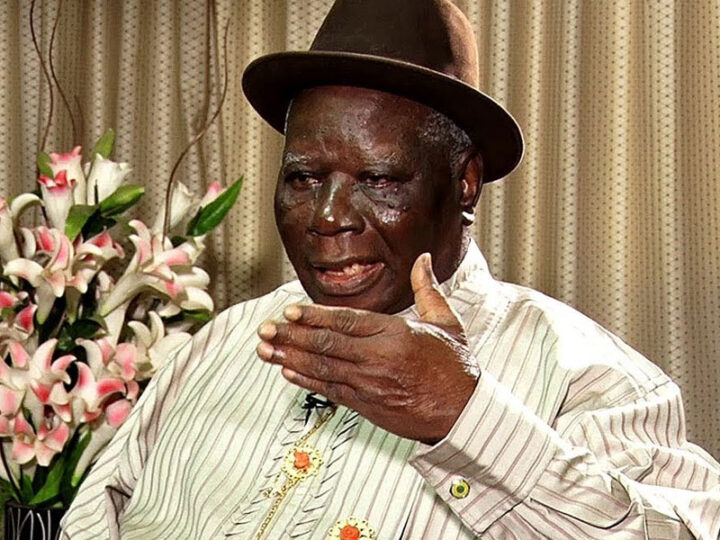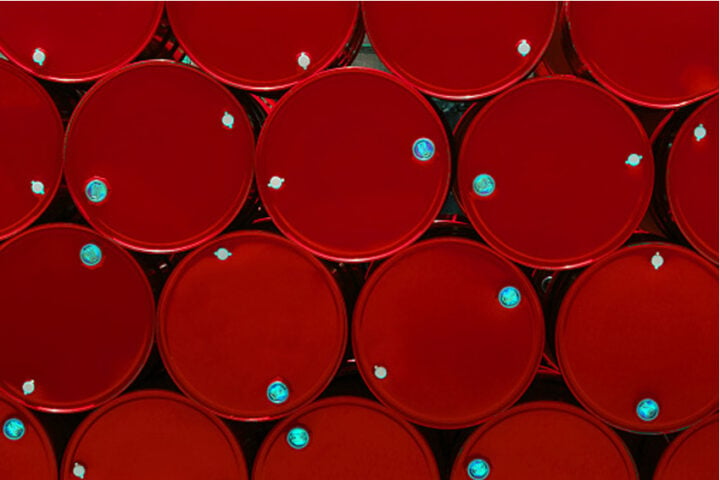The Wood Mackenzie group, an analytical and consulting firm, says ExxonMobil and Seplat deal will offer huge upside for Nigeria’s oil and gas sector.
Last Friday, Seplat Energy Plc said it has entered into an agreement to acquire the entire share capital of Mobil Producing Nigeria Unlimited (MPNU) from Exxon Mobil Corporation, Delaware (ExxonMobil).
The transaction, which is subject to ministerial approval and other required regulatory backings, is the first transaction since the federal government ratified Petroleum Industry Act (PIA).
In its recent insight, Wood Mackenzie said with the corporate acquisition, “Nigerian National Petroleum Company (NNPC) Limited has no rights to pre-empt a deal under the joint operating agreement (JOA), which governs the JV”. It added that ministerial consent would be the only hurdle remaining, “although nothing can be taken for granted”.
Advertisement
MPNU has a 40 percent operated interest in a joint venture with NNPC (60percent). The JV includes OMLs 67, 68, 70, 104, the Qua Iboe oil export terminal. It also has another 51 percent interest in the Bonny River NGL recovery project.
If completed, the analytical firm said the deal will be transformational for Seplat Energy and triple its working interest production to over 140,000 boe/d — operating about 15 percent of Nigerian oil production.
“Crucially, the deal diversifies its operations into shallow water, which is largely devoid of the thefts afflicting its onshore operations. Although this is Seplat’s first offshore acquisition, it will acquire all of MPNU’s Nigerian staff, thus allaying any concerns about its operational capabilities,” the report reads.
Advertisement
On valuation, the report said the equity-based valuation of MPNU — excluding the Qua Iboe terminal – is $870 million (discounted 10 percent, January 2021, $50/bbl long-term).
“However, at $70/bbl, we value the company at $1.678billion. In the energy transition era, ExxonMobil will be pleased with this deal. But so will Seplat, as the deal offers huge upside for oil as well as gas,” it added.
“The portfolio includes a massive 1.3 billion boe of contingent resources, 75percent of which is gas. Less than half of its 70 fields have been developed. Although the JV has been in production since the early 1970s, its maturity relates more to the extensive infrastructure than the reservoirs themselves. Yes, many fields are in decline, but they have also been under-invested for over 20 years.
“Seplat has built a business turning around the Majors’ unwanted assets, a process it started in 2010. With the acquisition, its portfolio becomes very oil dominated. ExxonMobil refused to be drawn into the high-risk domestic gas market and had no exposure to NLNG. As a result, the acreage has the highest concentration of gas flaring in the country. Seplat, a listed company, will need to tackle this immediately.”
Advertisement
Add a comment





